
هل تساءلت يومًا كيف تدير الشركات عملياتها بكفاءة عبر مختلف الأقسام؟ من المحاسبة والمخزون إلى الموارد البشرية والمبيعات، تعمل أنظمة تخطيط موارد المؤسسة (ERP) على جمع كل هذه الجوانب في منصة متكاملة واحدة. ومع نمو الشركات وتوسعها، يصبح من الصعب وغير الفعّال إدارة هذه العمليات يدويًا أو باستخدام أنظمة منفصلة.
يتسارع الطلب على أنظمة ERP بشكل ملحوظ. فوفقًا للأبحاث، بلغت قيمة سوق برامج ERP العالمي 64.83 مليار دولار أمريكي في عام 2024، ومن المتوقع أن ينمو بمعدل نمو سنوي مركب يبلغ 11.7% من 2025 حتى 2030. ويُعزى هذا النمو إلى الحاجة المتزايدة لدى الشركات لتبسيط العمليات، وتعزيز الكفاءة، واتخاذ قرارات أكثر وعيًا من خلال تكامل البيانات. وفي المملكة العربية السعودية، يرتفع اعتماد أنظمة ERP بسرعة مدفوعًا برؤية 2030، ومتطلبات الفوترة الإلكترونية من هيئة الزكاة والضريبة والجمارك، وجهود التحول الرقمي الشامل الهادفة إلى تحديث المؤسسات المحلية.
في هذا المقال، سنستعرض أفضل أنظمة ERP لإدارة المخزون لعام 2025. وسنتعمق في الميزات والفوائد ونقاط القوة الفريدة لكل حل، مقدمين رؤى حول كيفية استفادة الشركات من أنظمة ERP في تحسين إدارة المخزون، وخفض التكاليف، وزيادة الربحية.
إدارة المخزون هي عملية الإشراف على حركة البضائع وتخزينها وتوفرها داخل الشركة. فهي تضمن وجود المنتجات المناسبة في المخزون لتلبية الطلب، مع تقليل فائض المخزون والتكاليف المرتبطة به. وبالنسبة للشركات العاملة في مجالات التصنيع أو البيع بالتجزئة أو التوزيع، تُعد إدارة المخزون الفعّالة أمرًا بالغ الأهمية للحفاظ على سير العمليات بسلاسة وضمان رضا العملاء.
ومع ذلك، ومع نمو الأعمال التجارية، يصبح من الصعب إدارة المخزون يدويًا أو عبر أدوات منفصلة، حيث تزداد التعقيدات وتكثر الأخطاء. وهنا تبرز القيمة الكبيرة لأنظمة تخطيط موارد المؤسسة (ERP).
يعمل نظام إدارة المخزون عبر ERP على أتمتة المهام المتعلقة بالمخزون وتوحيدها في منصة مركزية، مما يوفر رؤية فورية عبر المشتريات، والمستودعات، والمبيعات، والمالية. كما يُلغي عزلة البيانات، ويُقلل من الجهد اليدوي، ويضمن أن مستويات المخزون دقيقة ومحدّثة باستمرار.
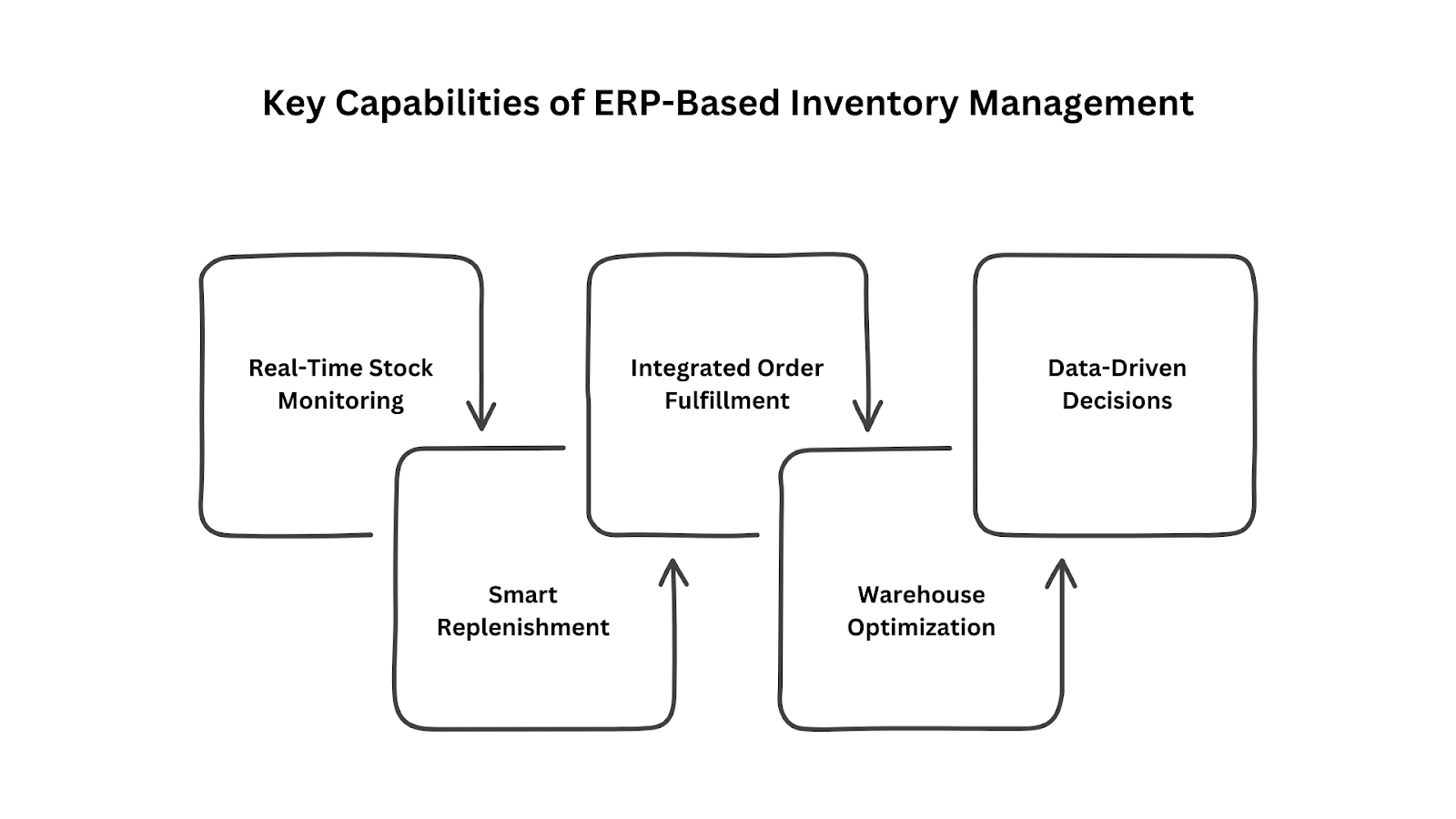
من خلال توحيد عمليات إدارة المخزون داخل نظام ERP، تكتسب الشركات مرونة أكبر، وتُقلل من مشكلات المخزون، وتحسّن كفاءة سلسلة التوريد بشكل عام.
اقرأ أيضًا: أهم ميزات إدارة المخزون التي يجب البحث عنها في نظام ERP
من خلال دمج نظام ERP لإدارة المخزون، يمكن للشركات تعزيز كفاءتها التشغيلية بشكل عام، وتقليل المشكلات المتعلقة بالمخزون، والحفاظ على سلسلة توريد أكثر مرونة واستجابة. والآن، دعونا نستعرض بعضًا من أفضل حلول ERP لإدارة المخزون المتاحة في عام 2025 لمساعدة شركتك على تبسيط العمليات والبقاء في موقع تنافسي.
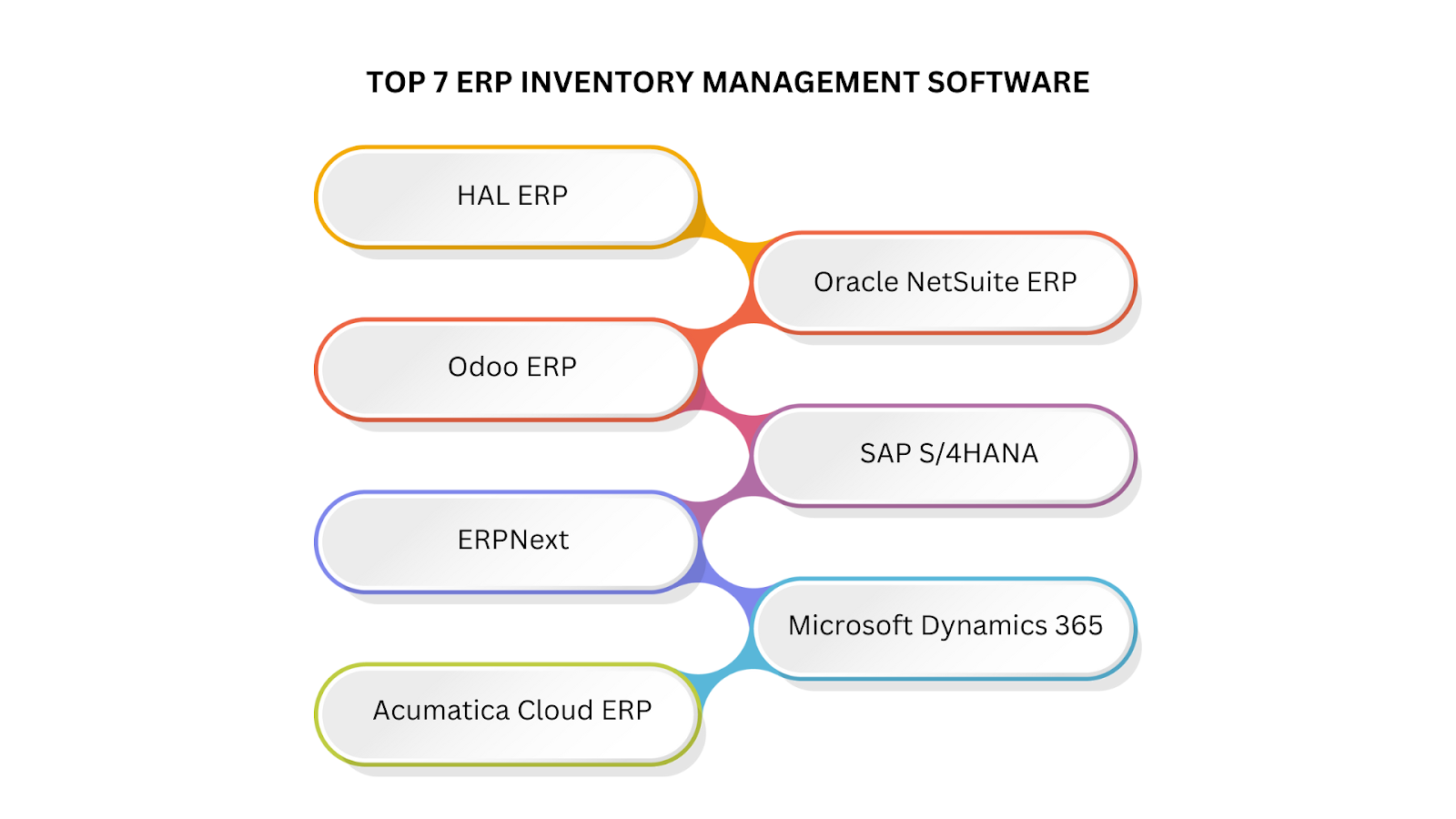
قمنا باختيار قائمة تضم أفضل 7 برامج ERP لإدارة المخزون يمكنها تمكين عملك من تبسيط عملياته. دعونا نتابع معًا ونلقي نظرة عليها.
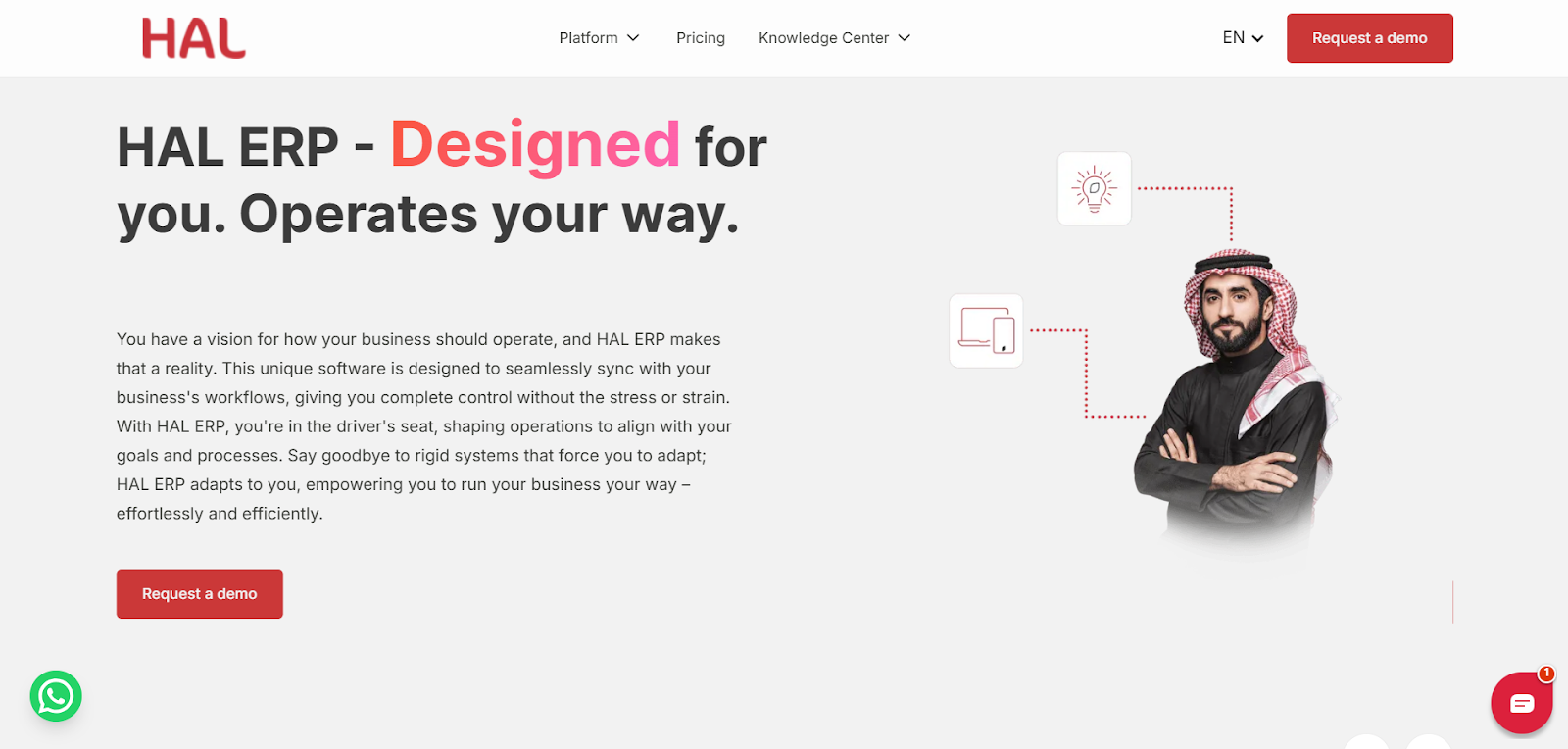
يُعد HAL ERP حلًا قويًا صُمم خصيصًا للشركات في المملكة العربية السعودية. فهو يوفّر إدارة فعّالة للمخزون تتكامل بسلاسة مع عمليات المبيعات، والمالية، وسلسلة التوريد. كما يضمن الامتثال المحلي لمتطلبات الفوترة الإلكترونية والضريبة على القيمة المضافة من هيئة الزكاة والضريبة والجمارك، مما يجعله خيارًا موثوقًا للمؤسسات الإقليمية، مع واجهة عربية محلية بالكامل ووثائق داعمة لعمليات ثنائية اللغة لفِرق العمل في السعودية. ويُستخدم HAL ERP على نطاق واسع في قطاعات التجزئة، والتوزيع، والتصنيع في المملكة، مع قوالب جاهزة مُصممة لكل قطاع.
تم تصميم HAL ERP ليتسم بالقدرة على التوسع، ويدعم اللغة العربية، ويوفّر دعمًا محليًا مخصصًا، مما يجعله الخيار المثالي للشركات التي تبحث عن أفضل نظام ERP لإدارة المخزون مع ضمان الامتثال الإقليمي وإمكانية التخصيص.
اقرأ أيضًا: لماذا يُعد HAL ERP أداة أساسية لإدارة المخزون في الشركات الصغيرة
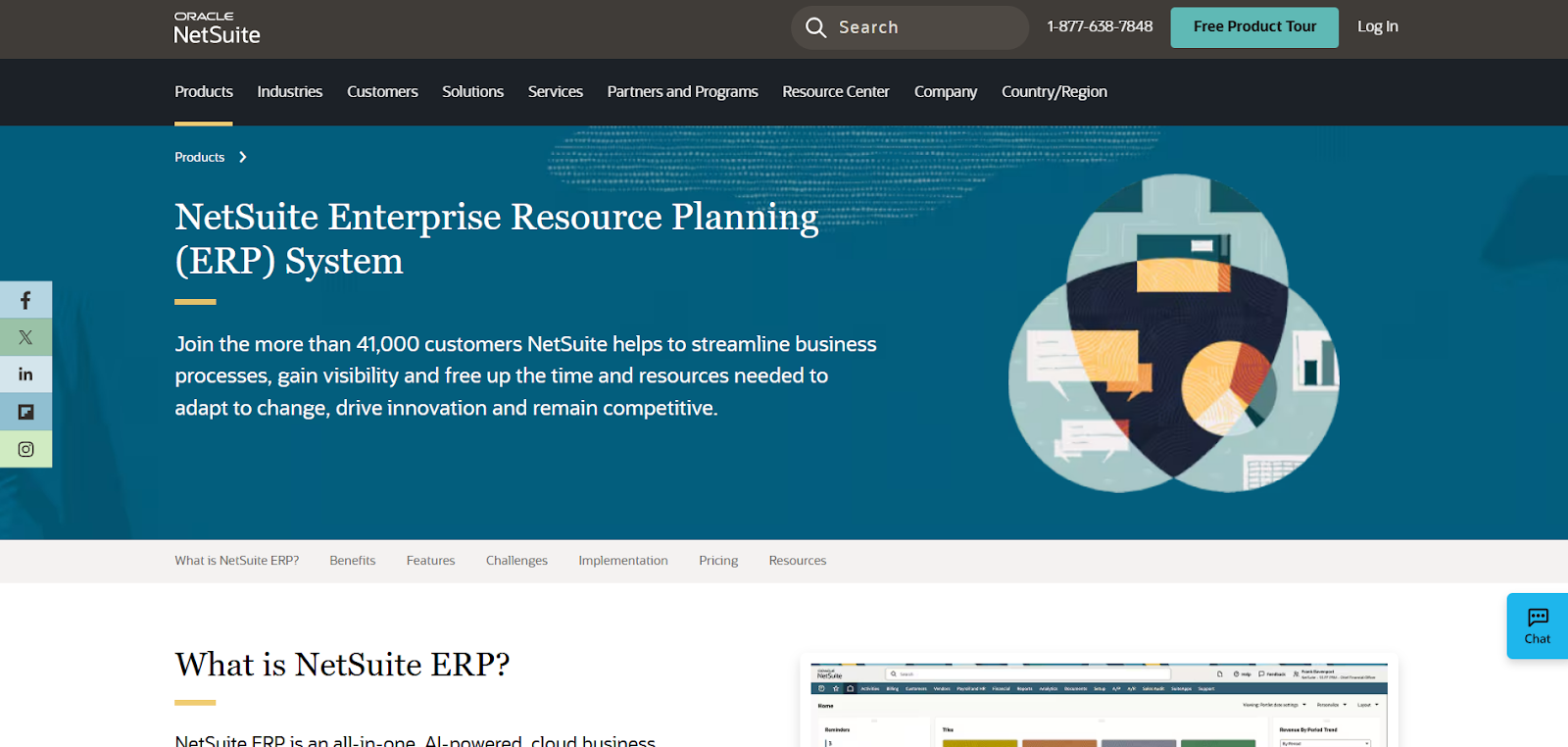
يقدّم Oracle NetSuite نظام ERP قويًا لإدارة المخزون يدعم الشركات العالمية ذات سلاسل التوريد المعقدة والاحتياجات التشغيلية المتنوعة. وقد يتطلّب Oracle NetSuite بعض التعديلات المحلية أو التكامل مع أطراف خارجية لضمان الامتثال الكامل في السعودية (مثل متطلبات هيئة الزكاة والضريبة والجمارك ودعم اللغة العربية).
لماذا تختار Oracle NetSuite ERP؟
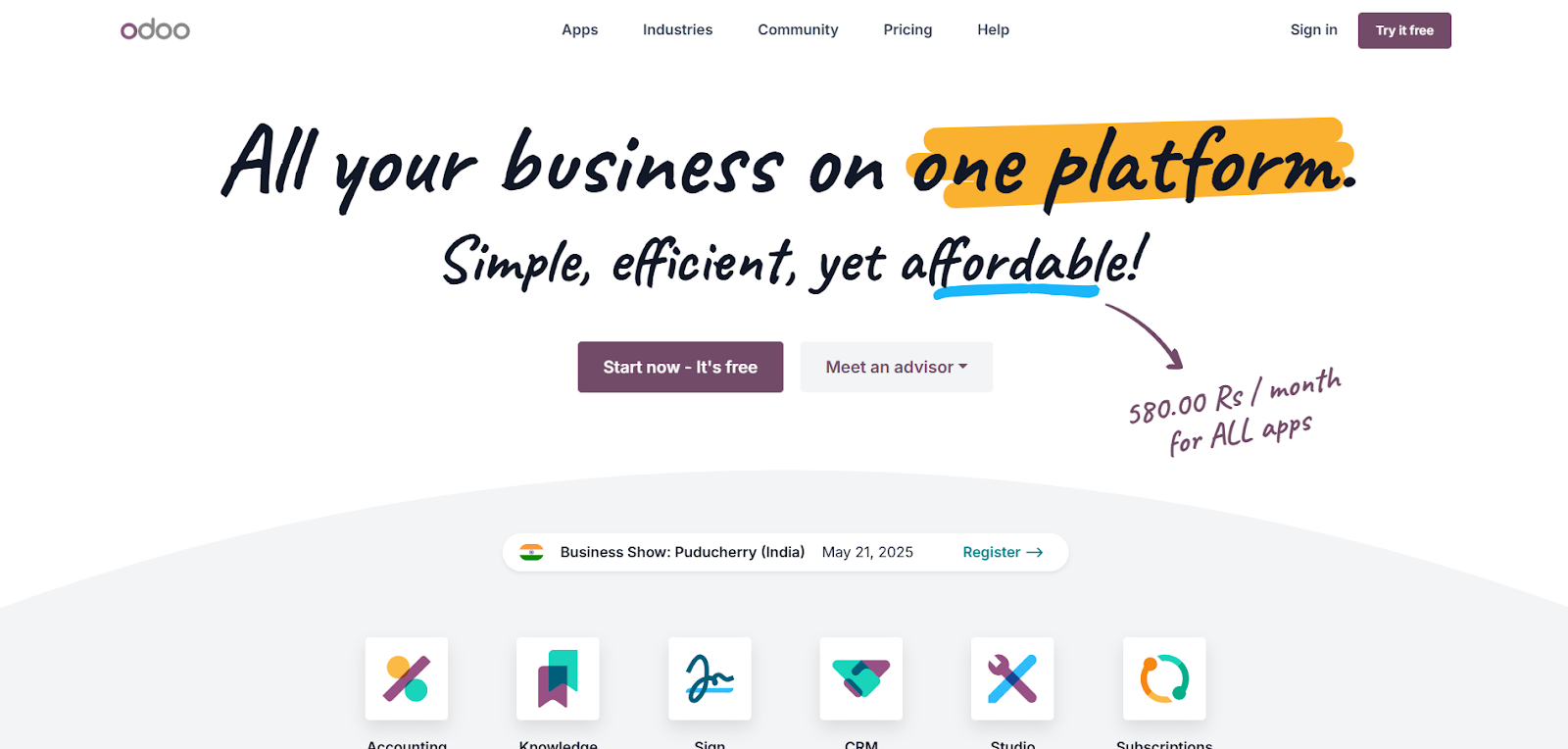
يُعد Odoo ERP حلًا مفتوح المصدر معروفًا بمرونته، حيث يتيح للشركات تخصيص نظام إدارة المخزون وفقًا لاحتياجاتها الخاصة. وقد يتطلّب Odoo بعض التعديلات الإضافية أو التكامل مع أطراف خارجية لضمان الامتثال الكامل للوائح السعودية، مثل متطلبات هيئة الزكاة والضريبة والجمارك ودعم اللغة العربية.
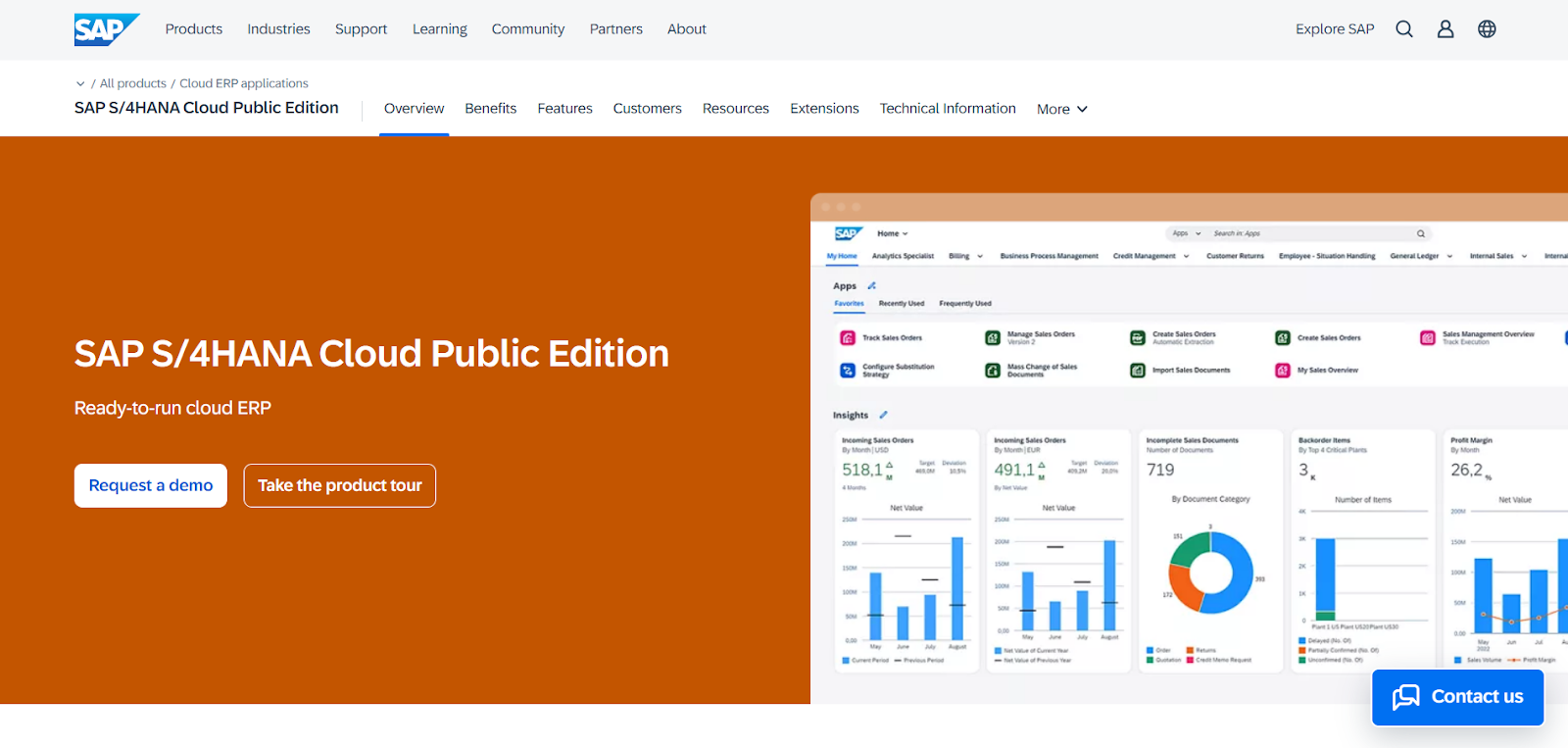
يُعد SAP S/4HANA واحدًا من أقوى أنظمة ERP، وهو مثالي للشركات الكبرى أو المؤسسات ذات الاحتياجات الواسعة في إدارة المخزون. ولتحقيق الامتثال الكامل في المملكة العربية السعودية، قد يتطلّب SAP S/4HANA بعض التعديلات المحلية أو التكامل مع أطراف خارجية، مثل دعم متطلبات هيئة الزكاة والضريبة والجمارك (ZATCA) واللغة العربية.
لماذا تختار SAP S/4HANA؟
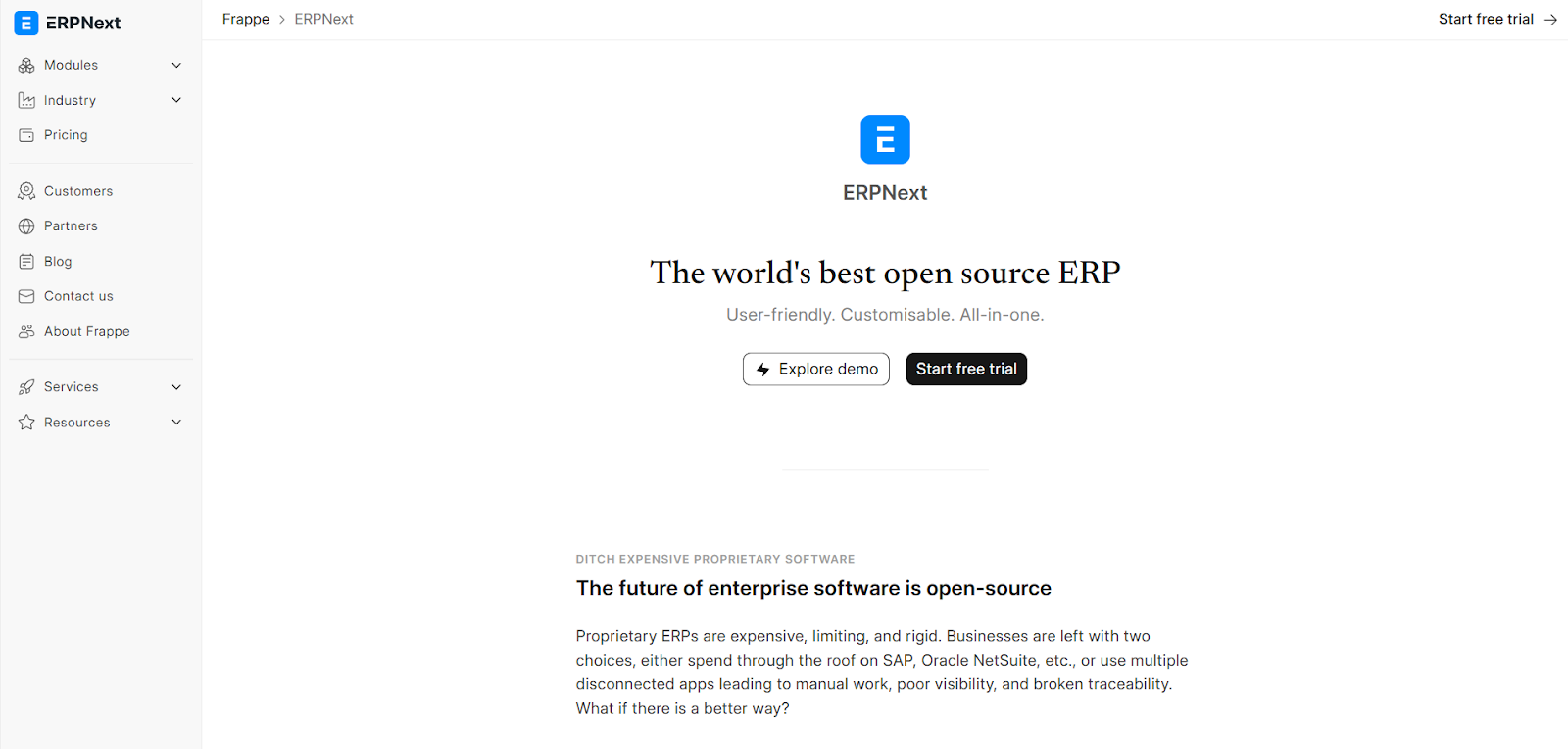
يُعد ERPNext نظام ERP مفتوح المصدر يقدّم قيمة مميزة للشركات الصغيرة والمتوسطة التي تبحث عن حل لإدارة المخزون دون تكاليف باهظة. وقد يحتاج ERPNext إلى مزيد من التخصيص المحلي أو التكامل مع حلول خارجية لضمان الامتثال الكامل في المملكة العربية السعودية، بما في ذلك متطلبات هيئة الزكاة والضريبة والجمارك (ZATCA) ودعم اللغة العربية.
الميزات الرئيسية:
لماذا تختار ERPNext؟
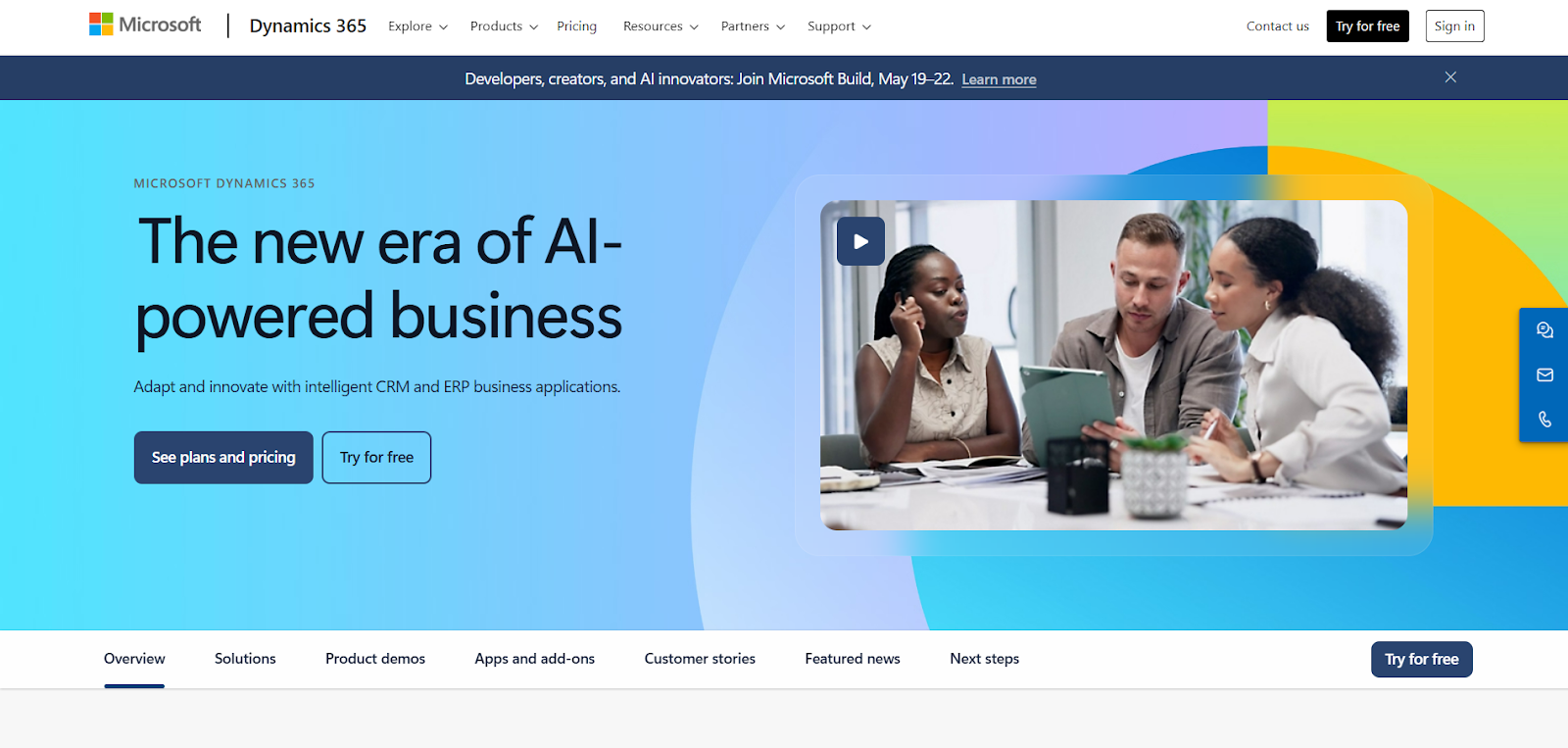
يُعد Microsoft Dynamics 365 حل ERP يتميز بالمرونة وقابلية التوسع، خاصة للشركات ذات الاحتياجات التشغيلية المتنوعة. ويمكن لشركاء Microsoft Dynamics في المملكة العربية السعودية المساعدة في ضمان الامتثال لمتطلبات هيئة الزكاة والضريبة والجمارك (ZATCA) وضريبة القيمة المضافة، إلا أن بعض الميزات الجاهزة قد تتطلّب إعدادات وتخصيصًا إضافيًا.
لماذا تختار Microsoft Dynamics 365؟
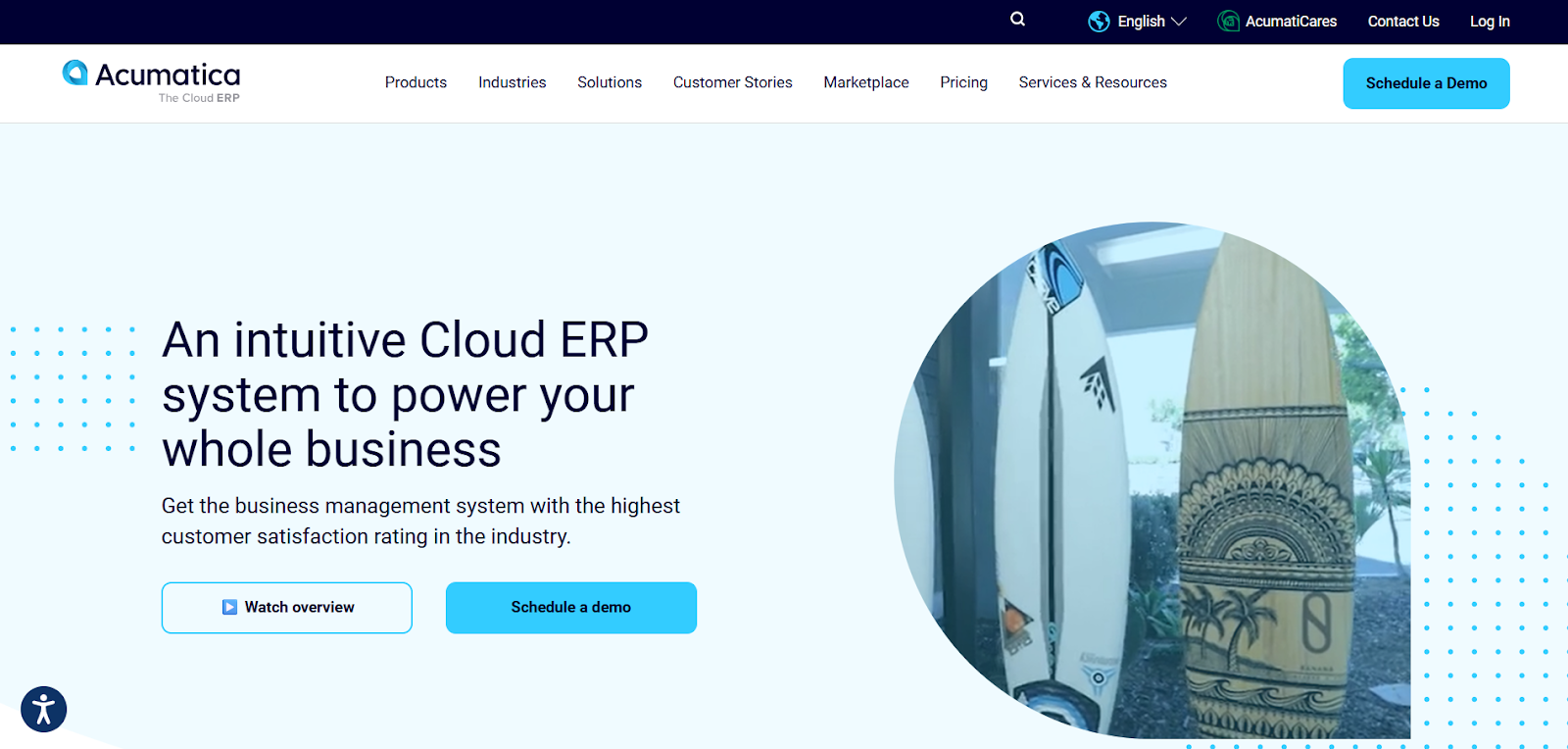
يُعد Acumatica Cloud ERP أحد أنظمة ERP عالية التقييم والمعروفة ببساطتها وسهولة استخدامها، مما يجعله خيارًا رائعًا للفرق التي تبحث عن تجربة مستخدم سلسة. ولضمان الامتثال الكامل للوائح هيئة الزكاة والضريبة والجمارك (ZATCA) في المملكة العربية السعودية، قد يحتاج Acumatica Cloud ERP إلى تخصيص إضافي أو التكامل مع حلول خارجية، خاصة فيما يتعلق بدعم اللغة العربية. وينبغي على الشركات التأكد مع الشريك المنفّذ من أن حل الاستضافة السحابية يلبي متطلبات الإقامة المحلية للبيانات في السعودية.
الميزات الرئيسية:
في عام 2025، أصبح اختيار أفضل نظام ERP لإدارة المخزون أمرًا ضروريًا للشركات التي تسعى إلى تبسيط عملياتها، وتقليل أوجه القصور، وتحسين تخصيص الموارد. ويأتي HAL ERP في المقدمة بفضل ميزاته الشاملة، بما في ذلك التتبع اللحظي، وإعادة التوريد التلقائي، والتكامل السلس مع أنظمة المبيعات وسلاسل التوريد.
سواء كنت شركة صغيرة أو مؤسسة كبيرة، هناك دائمًا حل ERP يناسب احتياجاتك. بدءًا من إدارة المخزون القوية عبر HAL ERP وصولًا إلى سهولة الاستخدام التي يقدمها Acumatica Cloud ERP، يمكن للبرنامج المناسب أن يُحدث فرقًا كبيرًا في إدارة المخزون لديك ويساعدك على اتخاذ قرارات أعمال أكثر ذكاءً.
احجز عرضًا توضيحيًا اليوم لترى كيف يمكن لـ HAL ERP الارتقاء بإدارة المخزون لديك إلى المستوى التالي وتعزيز عمليات عملك الشاملة. اسأل عن ميزات الامتثال الخاصة بالسعودية، واكتشف كيف يمكن لـ HAL ERP مساعدة نشاطك التجاري على تلبية متطلبات هيئة الزكاة والضريبة والجمارك (ZATCA) وضريبة القيمة المضافة بسهولة.